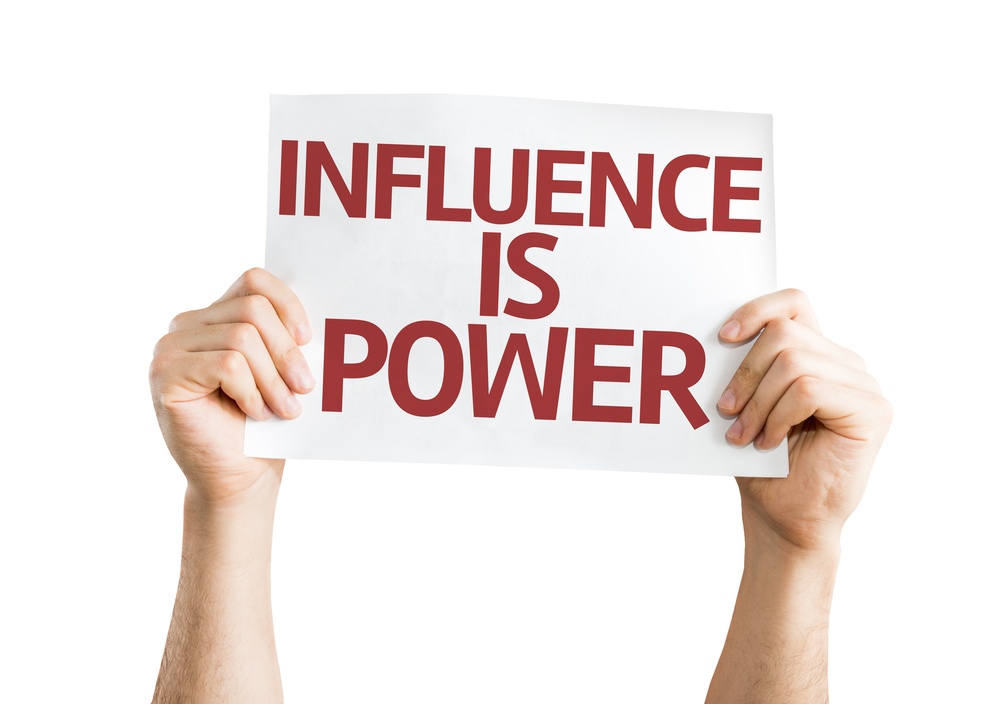5 Things to Consider For Influencer Marketing Strategy

Influencer marketing is becoming less of a non-traditional strategy into one that more companies and agencies are using to reach their audience. The rise in social media over the last decade and the evolution of all media has produced individuals and sometimes groups who've curated an image and following wielding influence on a large, important (sometimes both) group of people brands would like to tap into. But as with all new tactics, there's is some trial and error when implementing influencer marketing strategy there are basic factors you want to keep in mind and pay attention to in order to achieve Success. Who are your actual Infleucners KPI's and metrics for success, content strategy, what channels are your influencers using and how do you optimize these efforts?
Who Are Your Influencers?
Obviously, you'll have a name and some sort of profile and some type of "Klout" criteria that justify them being an influencer for your product or service, but a concerted effort needs to be made in digging deeper into to who this person really is. Influencer marketing is more than just picking a person with a lot of followers and having them pump product. At the heart of your influencer marketing strategy to is what I like to call "affinity transfer". By using this Influencer as a vessel to carry your message you're hoping that whatever love, admiration, respect and blind loyalty the followers may have for the influencer will be transferred to the brand and ultimately result in new sales. If you haven't properly vetted your influencer they're actions or views past present or future could transfer distaste. dislike or even hatred as opposed to affinity.
Using Community Influencers to Drive Traffic to Retail Locations
Metrics and Key Performance Indicators
Another integral part of your influencer marketing strategy and most would say any strategy is your metrics and KPI's. Is it a number of followers an influencer has, re-tweets, likes, actual conversions into sales. # Of Customers who reference influencer, engagement over a given time period, growth in the brands own online presence, it can be some of these all or none. You may have metrics that are industry specific to determine success. The point is sure these indicators are clearly defined when putting together your influencer marketing strategy. This will be a guiding force when selecting actual influencers and should definitely be don prior to. If Influencers are chosen who don't align with the indicators you're measuring it could be a long road ahead.

Content Strategy
Even with influencer marketing, the old adage "Content is King" still is true. There are influencer campaigns where the individual experiences the product or service and on their own use their platforms to discuss the brand and in some cases push product. There are other instances where the brand or agency is creating the content and just using the influencers robust platforms to push this content thru, some campaigns are a collaborative middle ground organic content created by the influencer in the moment mixed in with more manufactured content provided by the brand but both approaches have continuity in messaging and tone. Each one of these is applicable depending on the brand and the performance indicators in addition to other factors, whichever direction you decide to go in be sure that the content strategy is squarely in place to assure consistency in messaging.
Channels
What Channels or platforms will your influencers be using. Do they align with the content that you'll be producing? Does it align with your core demo are do you need to focus on different channels/influencers to tap into new markets. This will be another key factor when choosing influencers for your campaign.
Optimization
Because most of your influencer activity is going to happen and live online you still have to be aware of optimization and making sure that before during and after the campaign the target demo and others can actually find your efforts online. Clearly defined keywords and tags that are attached to each post and piece of content are going to be integral to search-ability and ranking. Want your efforts to have maximum reach and shelf life be sure optimization is a part of your influencer marketing strategy particularly where content creation is concerned.folks Influencer marketing is here to stay for the foreseeable future.
As platforms continue to develop and followers can be built on those platforms brands will seek affinity transfer using influencer marketing. Optimization, Metrics, who the actual influencers are, what channels they're using and content strategy are going to be important factors of any strategy. Are there other factors you take into consideration when putting together and influencer campaign? Feel free to share those with us in the comment section below, we always enjoy feedback from our community.
Share this
You May Also Like
These Related Stories

3 Hispanic Marketing Trends to Watch

Let Student Recruitment Do Its Job And Let Enrollment Do Theirs



